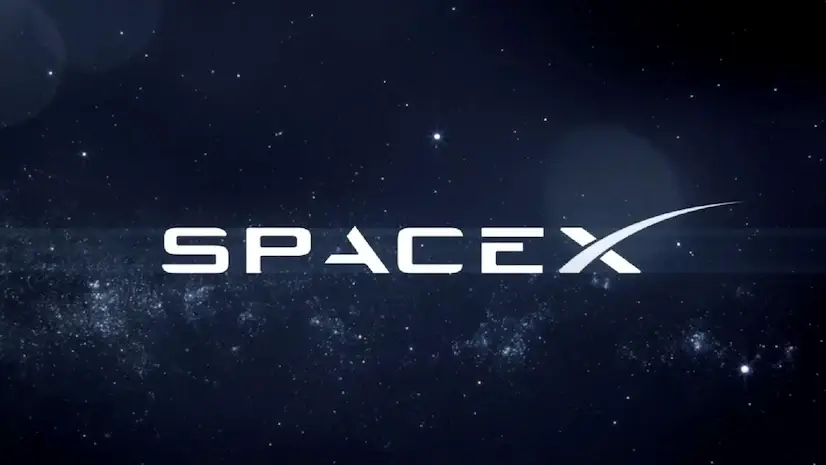The race to provide satellite-based cellular connectivity is heating up, with SpaceX and AST SpaceMobile emerging as key contenders. Both companies aim to eliminate dead zones and expand mobile coverage to remote areas, but their approaches and recent interactions reveal a growing rivalry. SpaceX, leveraging its Starlink constellation, is seeking to provide direct-to-cell service in partnership with T-Mobile, while AST SpaceMobile is working with carriers like AT&T and Verizon to achieve similar goals.
A central point of contention lies in SpaceX's pursuit of a waiver from the Federal Communications Commission (FCC) regarding out-of-band emission limits. SpaceX argues that this waiver is crucial for its Starlink satellites to fully operate the direct-to-cell service, enabling features like voice and video calls. However, several telecommunication companies, including some of AST SpaceMobile's partners, oppose the waiver, citing concerns about potential interference with terrestrial cellphone signals. They argue that the existing emission limits are in place to protect other services and that SpaceX should adhere to the same rules as everyone else.
SpaceX has accused AST SpaceMobile of orchestrating a "misinformation campaign" to impede its progress, dismissing their efforts as a "scorched-Earth campaign" driven by a "meme stock." In a letter to the FCC, SpaceX claimed that AST and its investors are attempting to "hamstring competing direct-to-cellular operations." This accusation followed a letter from European telcos, some of whom back AST SpaceMobile, warning the FCC of potential lawsuits if the waiver is granted. SpaceX further alleged that AST is extending its misinformation campaign overseas, recruiting European partners to oppose the waiver request.
AST SpaceMobile has responded by criticizing SpaceX for allegedly using "anticompetitive" tactics and attempting to "manufacture a controversy." In its own letter to the FCC, AST SpaceMobile stated that SpaceX is resorting to "unfounded accusations" and trying to "intimidate and bully its competitors, regulators, and cellular operators." The company has requested that SpaceX refrain from making further inflammatory statements.
Beyond the regulatory and rhetorical battles, the two companies are also pursuing different technological strategies. AST SpaceMobile is deploying large satellites with wide surface areas of phased-array antennas, designed to connect directly to standard smartphones without the need for specialized equipment. SpaceX, on the other hand, is seeking to leverage its existing Starlink constellation, although the need for an emission waiver suggests potential limitations in its current design.
The FCC recently approved SpaceX and T-Mobile's bid to offer supplemental mobile coverage from space, marking a significant milestone in the race to eliminate mobile dead zones. However, the agency has deferred the decision on SpaceX's request to waive power limit rules, which would enable more data-intensive features. Meanwhile, AST SpaceMobile is awaiting FCC approval to begin beta testing with AT&T and Verizon.
As both companies continue to develop and deploy their technologies, the competition is likely to intensify. The outcome of the regulatory battles and the success of their respective technological approaches will determine who ultimately leads the way in providing ubiquitous satellite-based cellular connectivity.

















